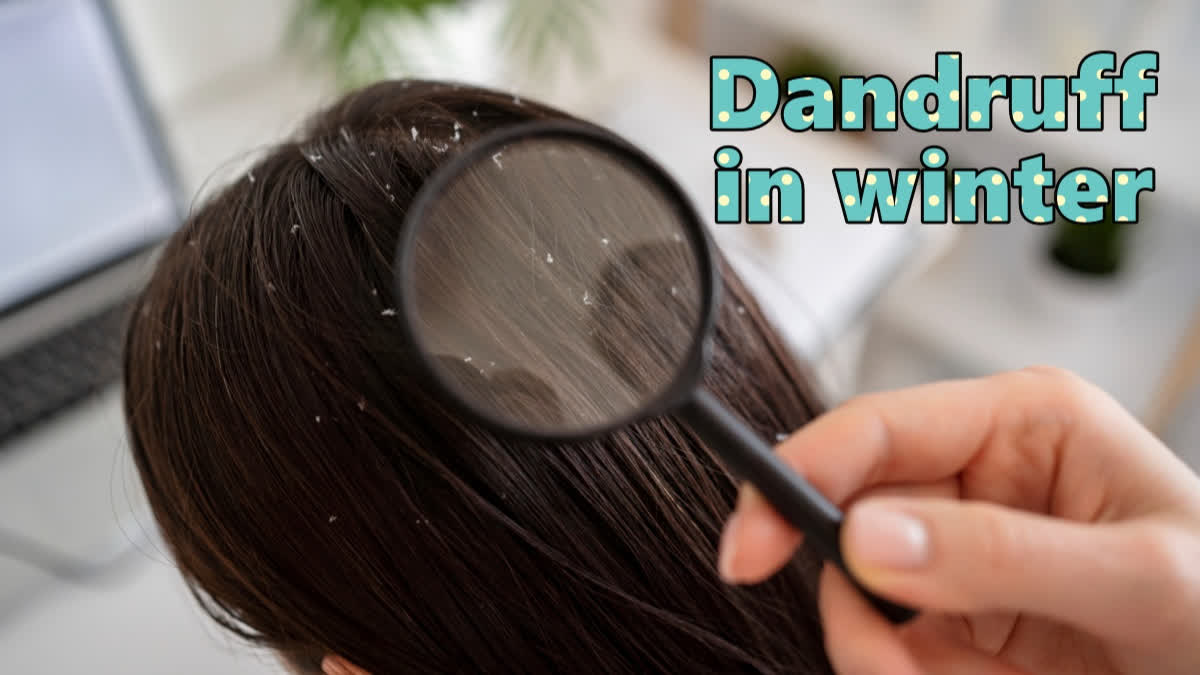Winter brings with it chilly air and cosy evenings, but it also triggers a common scalp issue—dandruff. Characterised by flaking, itching, and irritation, dandruff often worsens during the colder months due to dry air, changing hair care routines, and stress.
“Dandruff is primarily caused by the overgrowth of a naturally occurring fungus called Malassezia, which leads to irritation, flaking, and itching,” says Dr. Stuti Khare Shukla MD, Dermatologist and Founder - Elements of Aesthetics. She adds that other triggers include dry skin, sensitivity to hair care products and underlying skin conditions like seborrheic dermatitisor eczema.
Agrees Dr. Anindita Sarkar, Chief Medical Officer, Clinikally & Aayna Clinics. “Seasonal dryness often exacerbates dandruff in winter, especially for those with dehydrated skin.” She notes that patterns like redness and flaking can indicate seborrheic dermatitis, while overall dryness might suggest skin dehydration. Stress and weather changes can also worsen the condition.
How To Identify The Root Cause
Identifying the root cause of dandruff is crucial for effective treatment. Dr. Shukla advises observing whether flaking occurs alongside dryness in other body areas, as this may indicate dehydrated skin. On the other hand, if you experience irritation after using hair care products, it could be sensitivity to certain ingredients. For persistent or severe dandruff, both doctors recommend consulting a dermatologist for a proper scalp assessment.
Effective Treatments For Dandruff
1. Medicated Options
“Medicated shampoos with ingredients like ketoconazole, zinc pyrithione, and selenium sulfide are highly effective in controlling dandruff by targeting fungal overgrowth and reducing inflammation,” advises Dr. Sarkar. These shampoos should be used regularly but not excessively, as overwashing can dry out the scalp.
For severe cases, Dr. Shukla adds, “Advanced treatments like prescription-strength antifungals, corticosteroids, or salicylic acid-based exfoliants may be required to manage chronic dandruff.”
2. Natural Remedies
While medicated shampoos are the go-to solution, natural remedies can complement them. “Neem and aloe vera are excellent for soothing scalp irritation and reducing flaking,” suggests Dr. Sarkar.
Dr. Shukla highlights the benefits of tea tree oil, apple cider vinegar, and coconut oil for their antifungal and hydrating properties. However, both experts recommend consulting a dermatologist before trying natural remedies, since not all solutions work for every scalp type.
